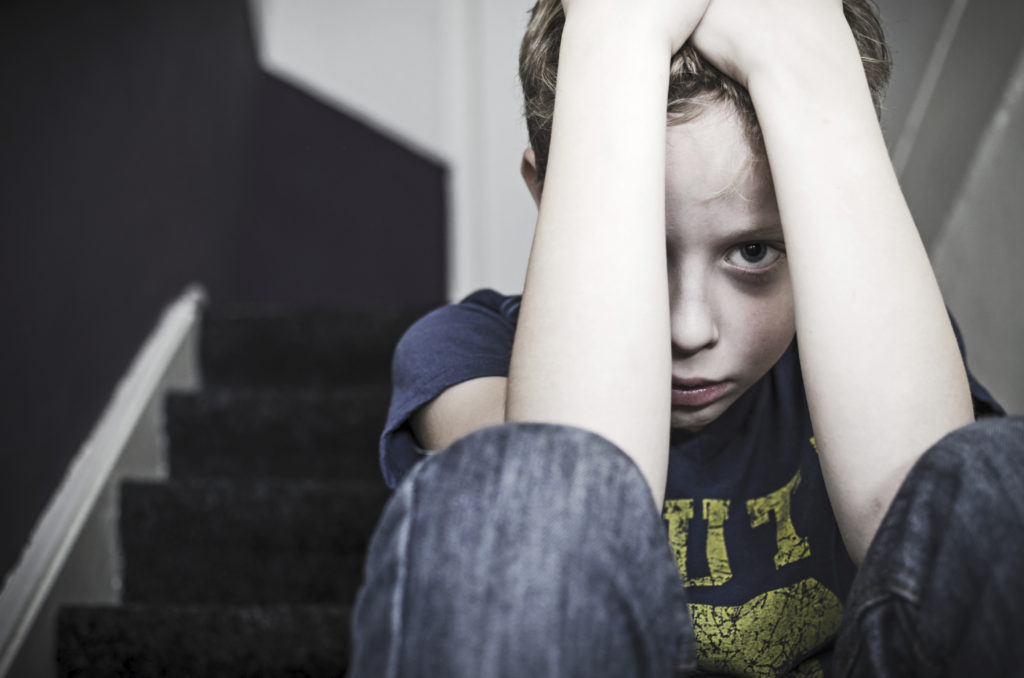The heroin and prescription drug epidemic in the U.S. has put pressure on law enforcement, school nurses, teachers and administrators to keep a fast-acting overdose antidote within close reach. And now, children as young as eight may be joining in on the overdose training. Recently, a community-based organization in Kentucky announced their plans to teach children how to use naloxone, the non-narcotic drug that can restore breathing in those overdosing on opiates. After all, if naloxone is administered fast enough it can save lives instantly, and it’s so easy to administer – even a child can do it.
The Need for Naloxone
The staggering death toll from opioid use isn’t up for question: According to the Centers for Disease Control and Prevention (CDC), each day in the U.S., 46 people die of a prescription opioid overdose. In 2013, there were roughly 40,000 heroin overdoses in the U.S. – and drug overdose was the leading cause of injury death, causing more fatalities than motor vehicle traffic wrecks. When a person is overdosing on an opioid such as heroin, morphine, oxycodone, methadone, codeine, or Vicodin – breathing slows down and can eventually stop. Naloxone blocks the effects of the opioids and reverses the overdose. If a person is administered naloxone who hasn’t used opioids, it won’t have any effect on him or her – since he or she doesn’t have any opioids in the body system to reverse.
Children & Medical Training
Cardiopulmonary Resuscitation (CPR), first aid, the Heimlich maneuver, even EpiPens have all been introduced into various classroom settings. These emergency response techniques can all save lives when used properly. Should learning to administer naloxone be any different? We teach our kids to administer themselves an EpiPen if they have an allergy. We teach our kids to give themselves insulin if they have diabetes. In fact, some parents teach their kids how and when to administer these drugs to parents or siblings, if the need ever arises. With very little controversy, we’ve empowered our youth to take action. Teaching kids about the dangers of opioids, and how to treat a person experiencing an opioid overdose can help on the front lines against addiction and overdose. Showing children how to administer naloxone is teaching them that if they find mom or dad, older brother or sister not breathing, they can do something about it. In teaching them this, it’s showing them that drugs can and do kill people.
Too Much For Kids?
While we see the positives of training kids to administer naloxone, there has also been tremendous backlash:
“Teaching kids to use naloxone robs their childhood.”
“What we’re saying to kids is, ‘Go ahead, use narcotics – someone will give you naloxone!”
“How about enforcing drug laws?”
“The first step should not be training the babies to save their idiot parents!”
So is training kids and teens too much? Is it robbing them of their childhood? Is it telling them drug use isn’t dangerous? Is it a lack of law enforcement? Should we tell them their parents don’t deserve to live because they became addicted to OxyContin or Percocet after a surgery? Should we be telling kids that people who are addicted to drugs don’t deserve help because they aren’t people, too? Will a child experience more trauma administering naloxone than watching his or her mom or dad die from an overdose?
This Is Important.
Don’t get me wrong, it is a sad situation that has brought us to these decisions. It’s a telling sign of the degree to which the drug epidemic in our nation has grown. So many families are plagued by addiction, and so many children are being left in neglected households, placed in foster care, or orphaned because of the disease. As death rates and drug use rates continue to rise, can we afford not to take every measure possible to help end it? Is it wrong to put this lifesaving resource into the hands of children? Is it wrong to hope that it will show young people the severity of the drug situation? Some will argue yes. We argue no. The reality is, giving kids education, knowledge and resources may actually save a life. What do you think?


